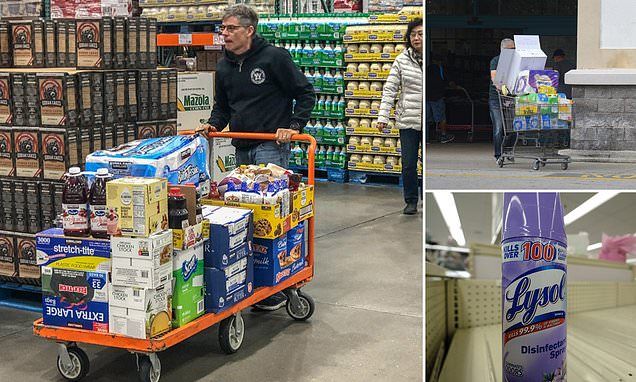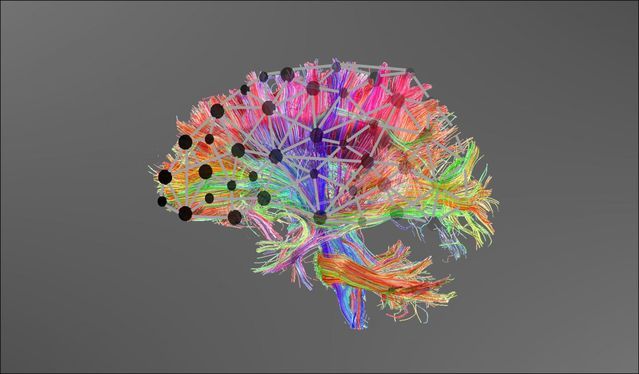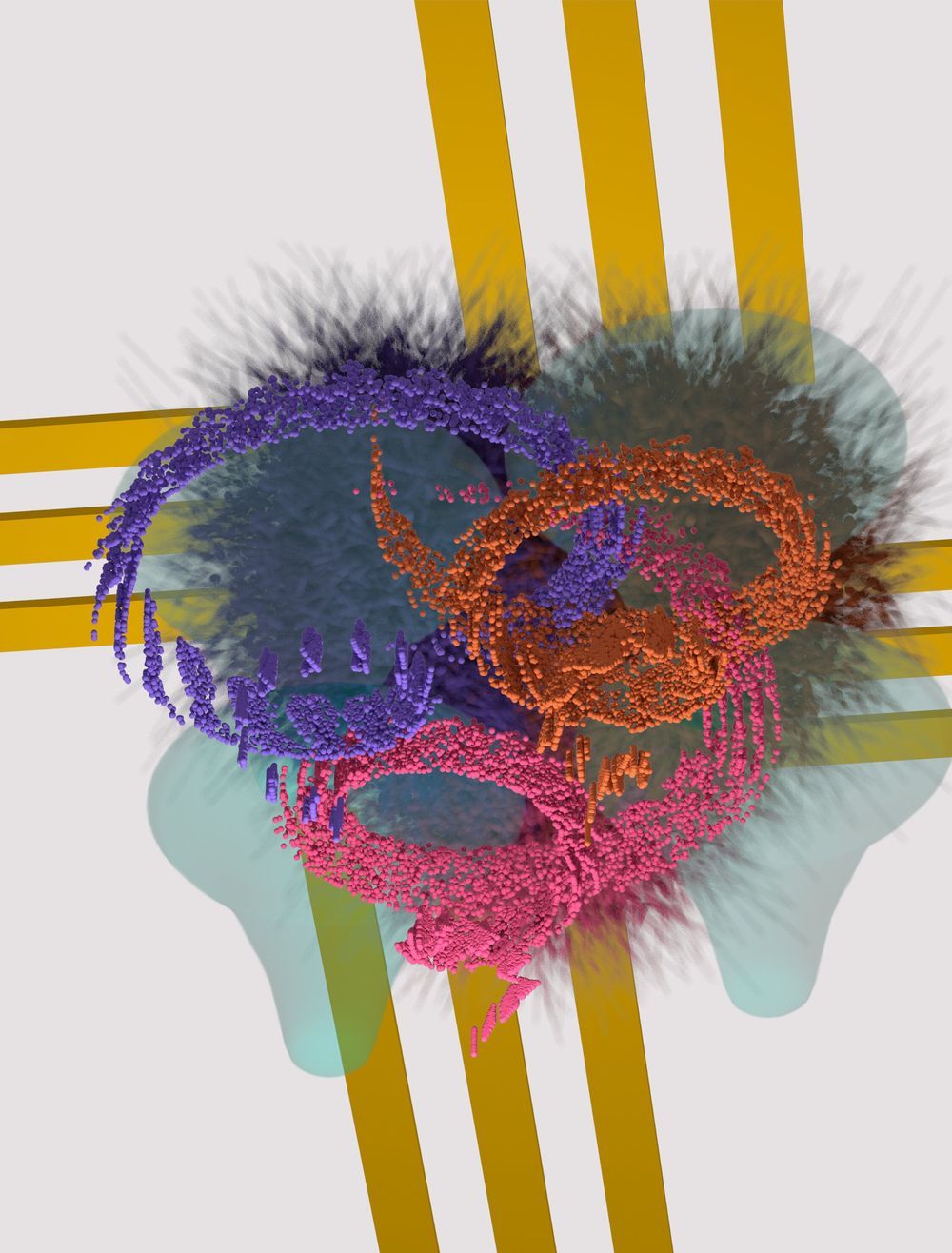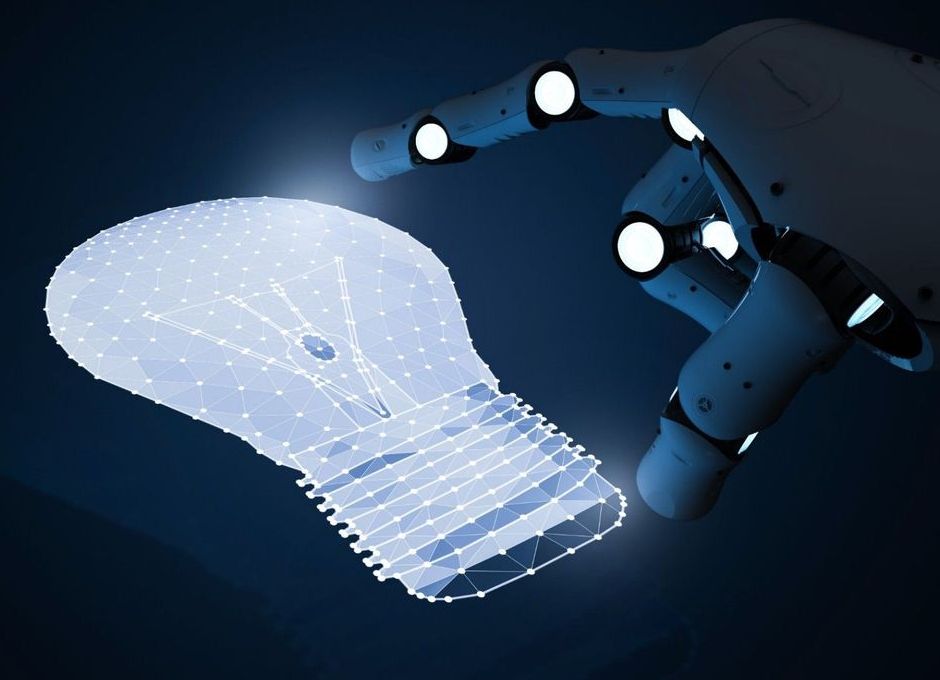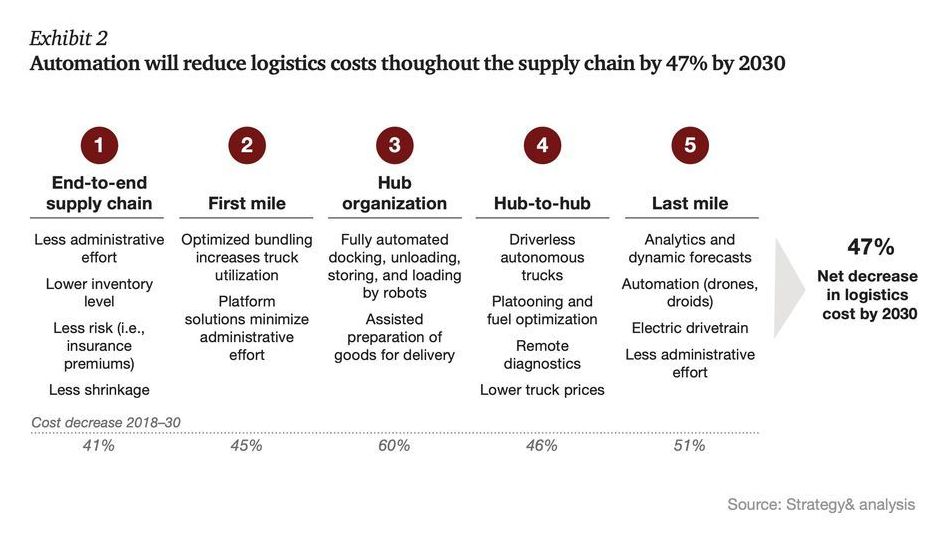
The fact that self-driving trucks did not initially capture the public imagination is perhaps not entirely shocking. After all, most people have never been inside a truck, let alone a self-driving one, and don’t give them more than a passing thought. But just because trucks aren’t foremost in most people’s thoughts, doesn’t mean trucks don’t impact everyone’s lives day in and day out. Trucking is an $800 billion industry in the US. Virtually everything we buy — from our food to our phones to our furniture — reaches us via truck. Automating the movement of goods could, therefore, have at least as profound an impact on our lives as automating how we move ourselves. And people are starting to take notice.
As self-driving industry pioneers, we’re not surprised: we have been saying this for years. We founded Kodiak Robotics in 2018 with the vision of launching a freight carrier that would drive autonomously on highways, while continuing to use traditional human drivers for first- and last-mile pickup and delivery. We developed this model because our experience in the industry convinced us that today’s self-driving technology is best-suited for highway driving. While training self-driving vehicles to drive on interstate highways is complicated, hard work, it’s a much simpler, more constrained problem than driving on city streets, which have pedestrians, public transportation, bikes, pets, and other things that make cities great to live in but difficult for autonomous technology to understand and navigate.
